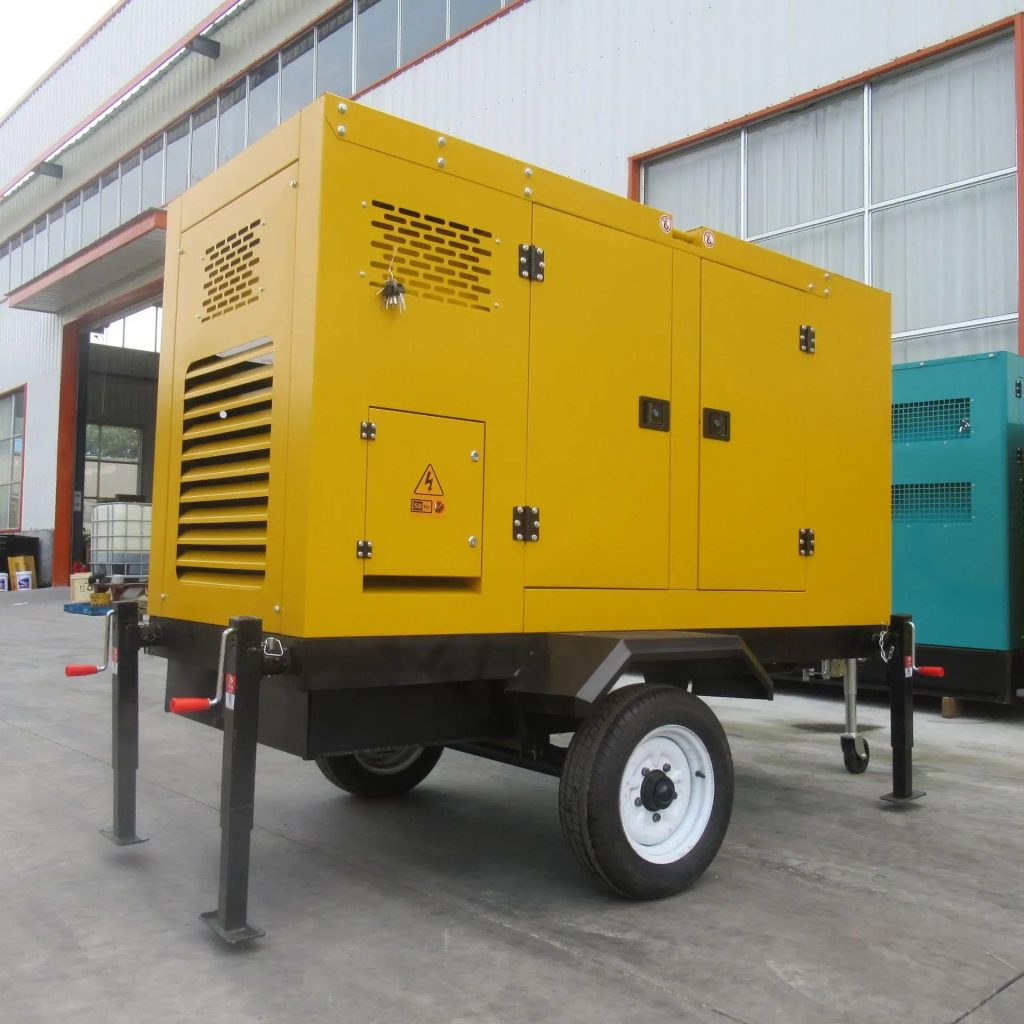Introduction
Diesel generators play a crucial role in providing backup power during emergencies or in remote locations where access to the main power grid is limited. These generators are relied upon to supply electricity to critical infrastructure such as hospitals, data centers, industrial facilities, and more. To ensure the reliable performance and safety of diesel generators, type testing is conducted to assess their compliance with industry standards and regulations. This article explores the importance of type testing for diesel generators, the key parameters tested, and the significance of adherence to standards.
Importance of Type Testing for Diesel Generators
Type testing is a critical process that evaluates the performance, efficiency, and safety of diesel generators under various operating conditions. By subjecting generators to a series of rigorous tests, manufacturers can validate their design, components, and overall functionality. This helps identify any potential weaknesses or defects that could compromise the generator's performance in real-world scenarios. Type testing also ensures that diesel generators meet the necessary regulatory requirements and industry standards, thereby enhancing their reliability and longevity.
Key Parameters Tested in Diesel Generator Type Testing
During type testing, several key parameters are evaluated to assess the performance and safety of diesel generators. 300KW Diesel Generator For Sale include:
1. Output Voltage and Frequency: The generator's ability to maintain a stable output voltage and frequency within acceptable limits is crucial for powering connected loads without causing damage to electrical equipment.
2. Load Testing: Load testing involves subjecting the generator to various load conditions to determine its ability to deliver the required power output consistently. This test helps verify the generator's capacity to handle different load profiles and ensures reliable operation under varying demand levels.
3. Efficiency Testing: Efficiency testing measures the generator's fuel consumption and overall energy efficiency. By analyzing fuel consumption rates at different load levels, manufacturers can optimize the generator's performance and minimize operational costs.
4. Environmental Testing: Environmental tests evaluate the generator's performance under extreme temperature, humidity, and altitude conditions. This ensures that the generator can withstand harsh environmental factors and operate reliably in diverse settings.
5. Noise Level Testing: Noise level testing assesses the generator's acoustic output to ensure compliance with noise regulations and minimize disturbances to surrounding environments.
6. Safety Features Testing: Safety features such as overload protection, short-circuit protection, and overheat protection are tested to verify their effectiveness in preventing accidents and ensuring user safety.
Significance of Adherence to Standards in Diesel Generator Type Testing
Adherence to industry standards and regulations is essential in diesel generator type testing to guarantee the quality, performance, and safety of the generators. Compliance with standards such as ISO, IEC, and IEEE ensures that generators meet the required specifications and performance criteria set by regulatory bodies. By following standardized testing procedures, manufacturers can demonstrate the reliability and efficiency of their generators, instilling confidence in customers and end-users.
Furthermore, adherence to standards in type testing helps in the following ways:
1. Quality Assurance: Type testing validates the quality and reliability of diesel generators, ensuring that they meet the specified standards for performance and safety.
2. Regulatory Compliance: Type testing ensures that generators comply with relevant regulations and codes, reducing the risk of non-compliance penalties and legal issues.

3. Customer Confidence: Manufacturers that adhere to industry standards in type testing can build trust with customers by demonstrating their commitment to quality and safety.
4. Warranty and Liability Protection: Type testing provides a basis for warranty claims and liability protection by proving that the generator has undergone rigorous testing and meets the necessary requirements.
Conclusion
Diesel generator type testing is a crucial process that evaluates the performance, efficiency, and safety of generators to ensure their reliable operation in critical applications. By testing key parameters such as output voltage, load handling capacity, efficiency, environmental robustness, noise levels, and safety features, manufacturers can verify the quality and compliance of their generators with industry standards. Adherence to standards in type testing not only enhances the reliability and durability of diesel generators but also instills confidence in customers regarding the product's quality and safety. In conclusion, type testing plays a vital role in ensuring that diesel generators meet the necessary requirements for reliable performance and compliance with regulations, ultimately contributing to the resilience of power systems in various applications.
